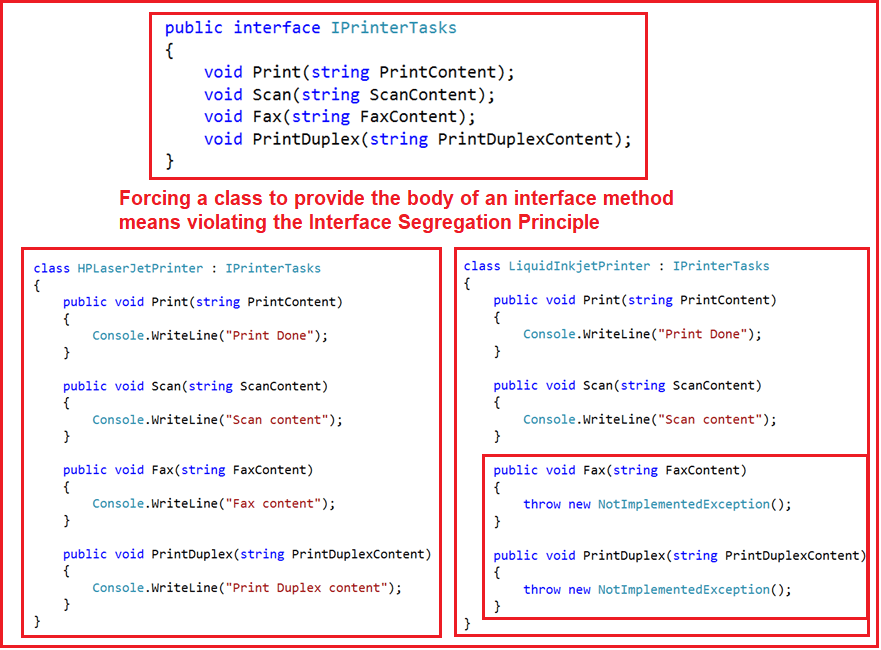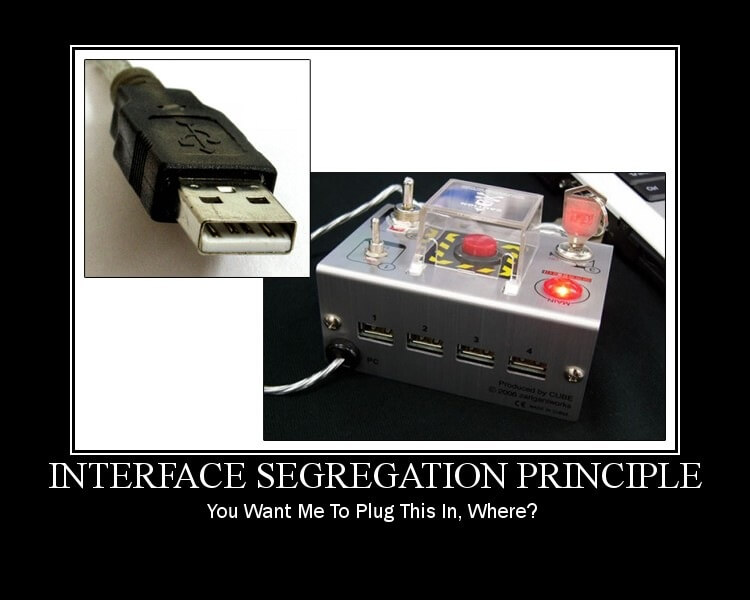

#..net solid principles tutorial software
Classes, software components and modules that have only one responsibility are much easier to explain, implement and understand than ones that give a solution for everything. The Single Responsibility Principle provides another benefit. And it’s easy to change in class as it has single responsibility. It’s easy to verify its working as per logic defined. If a class has only a single responsibility, it is likely to be very robust. Or as it states, a class/module should have not more than one reason to change. In simple terms, a module or class should have a very small piece of responsibility in the entire application.
#..net solid principles tutorial code
Single Responsibility Principle is one of the five SOLID principles which guide developers as they write code or design an application. The reason is that more changes requested in the future, the more changes the class need to apply. In layman terminology, this means that a class should not be loaded with multiple responsibilities and a single responsibility should not be spread across multiple classes or mixed with other responsibilities. Martin gave this definition in his book Agile Software Development, Principles, Patterns and Practices and later republished in the C# version of the book Agile Principles, Patterns and Practices in C#. SOLID Principlesĭependency Inversion Principle (DIP) Single Responsibility Principle (SRP)ĭefinition: A class should have only one reason to change. These principles are a subset of many principles promoted by Robert C. In Object Oriented Programming (OOP), SOLID is an acronym, introduced by Michael Feathers, for five design principles used to make software design more understandable, flexible, and maintainable. ASP.NET Web API Questions and Answers Book.Xamarin Forms Questions and Answers Book.




 0 kommentar(er)
0 kommentar(er)
